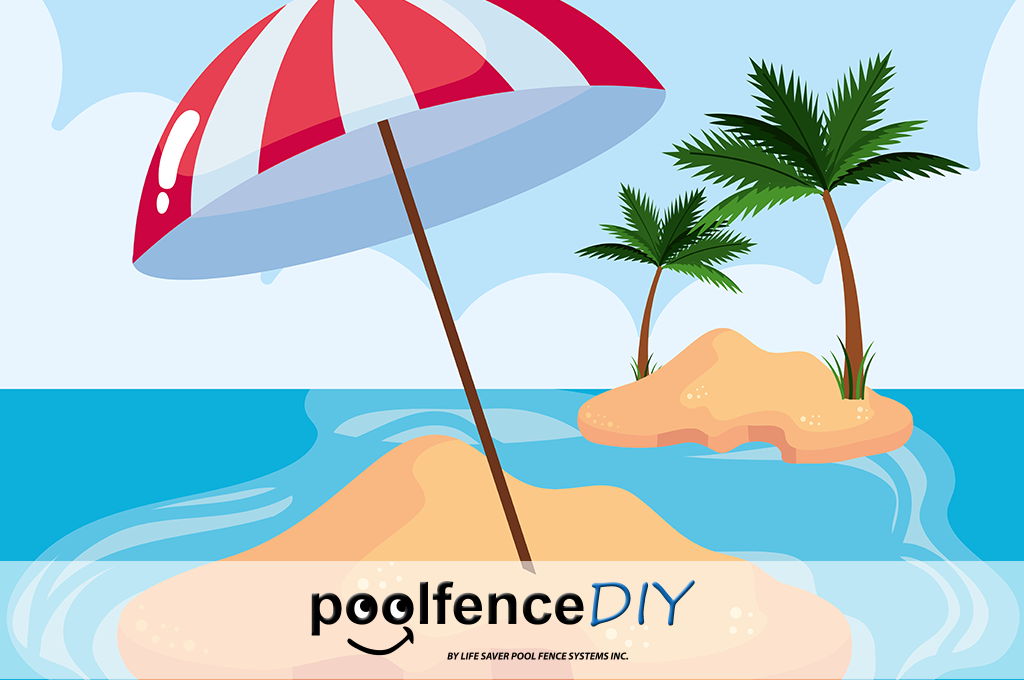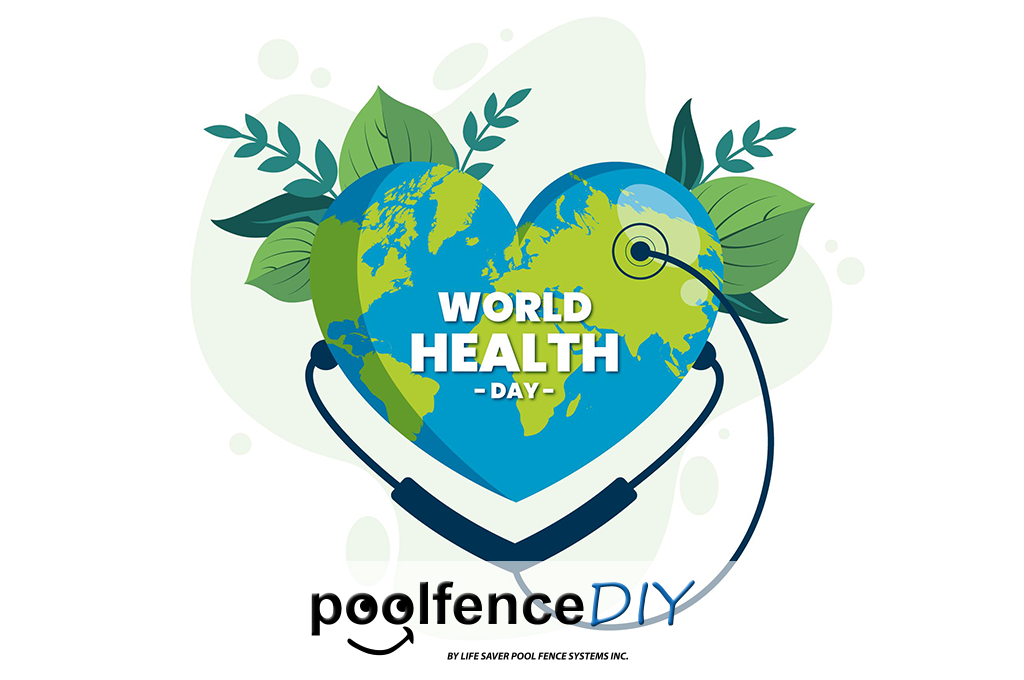Have you heard of cold water therapy? For many, this practice has become an important element of their general health plans. That said, there are always risks. In the end, water safety must always remain paramount.
What is Cold Water Therapy?
While we’ve previously cautioned against freezing water and frostbite on this blog, cold water therapy is a bit different. This practice is done intentionally. Its goal is to stimulate the immune system and help to relieve pain. In a nutshell, cold water therapy is using cold water (usually around 59°F) to treat certain health conditions and heal the body.
The big question is: does it work? This
review from the National Library of Medicine suggests that cold water therapy (or hydrotherapy) is widely used to improve immunity, as well as for the management of pain. This comes along with other issues. In the following sections, we’ll discuss the potential benefits of this practice and how to get started.
How Does this Practice Work?
According to its proponents, cold water therapy increases the body’s metabolism and pushes white blood cells to circulate in your body more quickly. In turn, this supposedly helps to fight infection and forces the body to produce other infection-fighting elements, including t-cells and antibodies.
In fact, it is easy to begin hydrotherapy. Simply take a dip in a cold pool. You can even take a cold shower or, for more extreme users, try an ice bath.
Understanding the Benefits
Swimming, as we often cover on this water safety blog, is quite a healthy form of exercise. It is a great heart-healthy activity, plus it works all the muscles in your body at once. Due to its low-impact nature, swimming often produces far less wear-and-tear on the muscles and joints. That said, the body can still ache after a vigorous session.
According to supporters of hydrotherapy, this practice can improve your circulation, deepen your sleep, spike your energy levels, and reduce inflammation in your body. It is also frequently used to soothe and relax muscles following a vigorous workout.
Start by Speaking with a Medical Professional
The truth of the matter is that cold water therapy may not be right for you. On this blog, we never give medical advice. In some cases, hydrotherapy can affect your blood pressure, heart rate, circulation and more. Before attempting anything similar to this therapy, be sure to speak with a doctor or medical professional. There may be several serious issues that should prevent you from getting started.
Additionally, be sure to use the
buddy system. No matter when you are in the water, having an observer with you means that someone is watching your back. In a dangerous situation, these people can call for help. This can save your life in a pinch.
Cold water therapy may be very helpful. Whether or not you choose to use it is a personal choice. Either way, it pays to take precaution and to speak with medical experts first. It could easily save your life in case of trouble.





